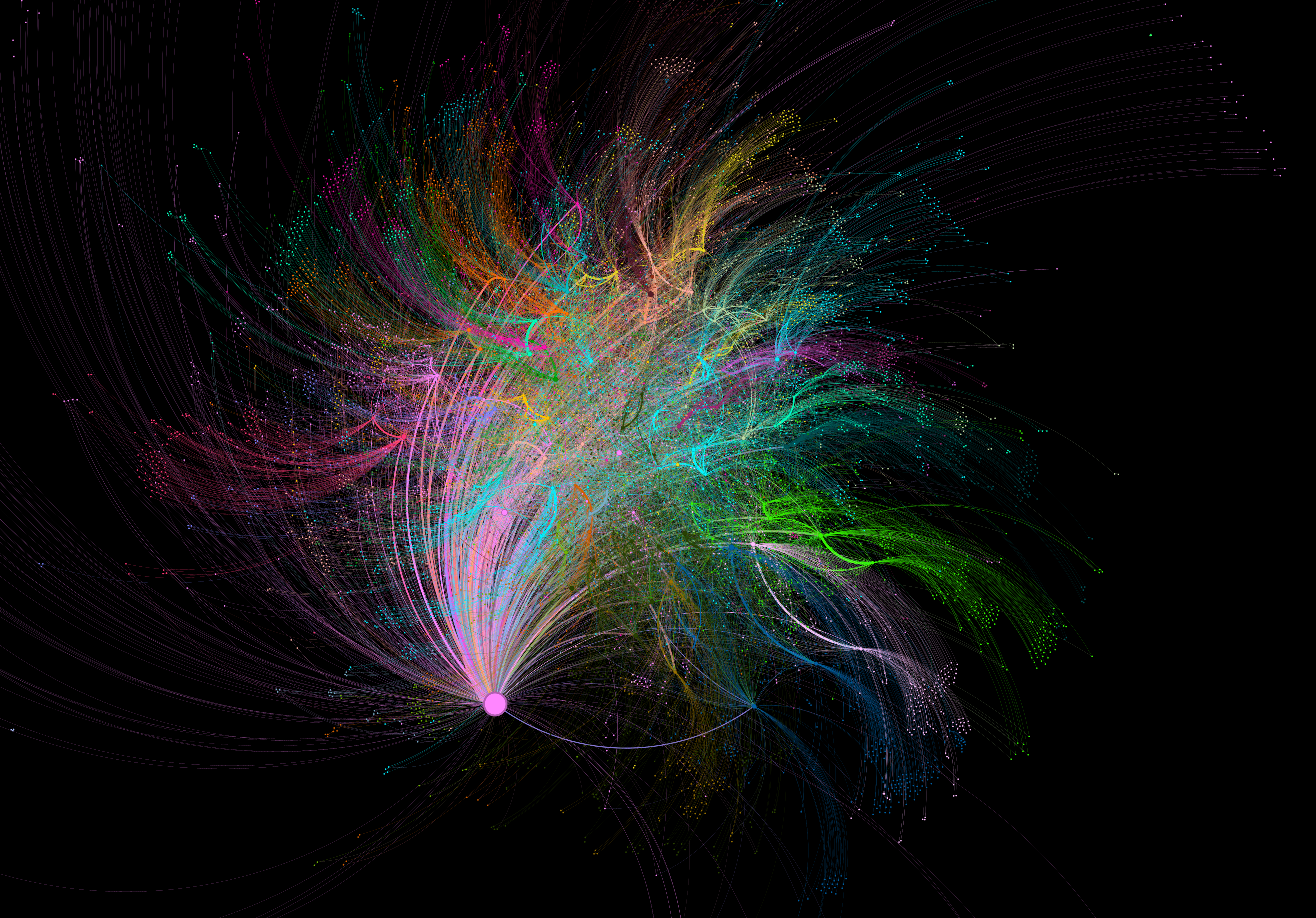News & features

Claimify: Extracting high-quality claims from language model outputs
| Dasha Metropolitansky
While large language models (LLMs) are capable of synthesizing vast amounts of information, they sometimes produce inaccurate or unsubstantiated content. To mitigate this risk, tools like Azure AI’s Groundedness Detection (opens in new tab) can be used to verify LLM…
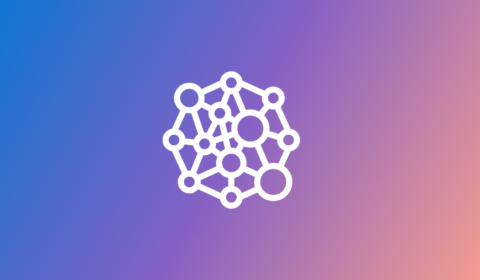
LazyGraphRAG: Setting a new standard for quality and cost
| Darren Edge, Ha Trinh, and Jonathan Larson
Introducing a new approach to graph-enabled RAG. LazyGraphRAG needs no prior summarization of source data, avoiding prohibitive up-front indexing costs. It’s inherently scalable in cost and quality across multiple methods and search mechanisms.
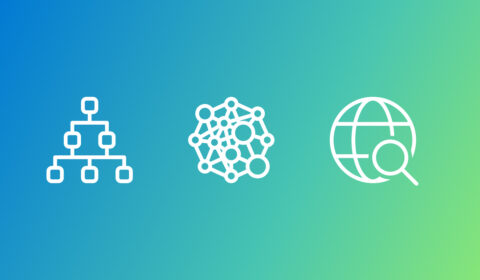
GraphRAG: Improving global search via dynamic community selection
| Bryan Li, Ha Trinh, Darren Edge, and Jonathan Larson
Retrieval-augmented generation (RAG) helps AI systems provide more information to a large language model (LLM) when generating responses to user queries. A new method for conducting “global” queries can optimize the performance of global search in GraphRAG.
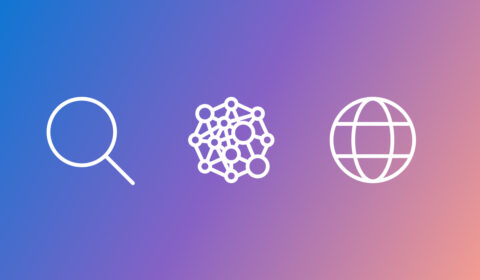
Introducing DRIFT Search: Combining global and local search methods to improve quality and efficiency
| Julian Whiting, Zachary Hills, Alonso Guevara Fernández, Ha Trinh, Adam Bradley, and Jonathan Larson
GraphRAG leverages semantic structuring of data to generate responses to complex user queries. A collaboration with Uncharted expands the frontiers of this technology, developing a new approach to processing local queries: DRIFT search.
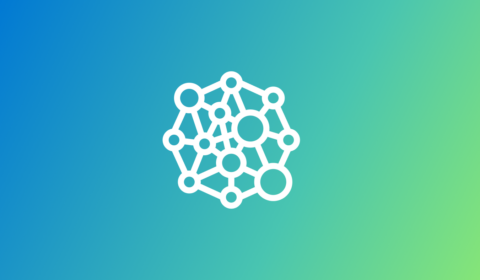
GraphRAG auto-tuning provides rapid adaptation to new domains
| Alonso Guevara Fernández, Katy Smith, Joshua Bradley, Darren Edge, Ha Trinh, Sarah Smith, Ben Cutler, Steven Truitt, and Jonathan Larson
GraphRAG uses LLM-generated knowledge graphs to substantially improve complex Q&A over retrieval-augmented generation (RAG). Discover automatic tuning of GraphRAG for new datasets, making it more accurate and relevant.
In the news | Fierce Network
To overcome AI grounding challenges, we must dig deeper
Grounding AI models is like giving them a map to navigate the world, but what happens when that map isn’t up to date or misses crucial details? That’s the problem hyperscalers and AI leaders are now trying to solve. As…
In the news | The Stack
‘Enormous business potential’: Microsoft on why GraphRAG outperforms naive RAG
Redmond opens up to discuss its new tool, which can extract data from unstructured text using large language models. Microsoft’s GraphRAG is a new approach to Retrieval-Augmented Generation (RAG) that Redmond has described a “significant advance in enhancing the capability…
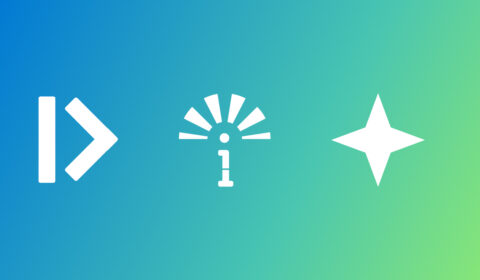
Empowering NGOs with generative AI in the fight against human trafficking
| Darren Edge, Ha Trinh, and Dayenne Souza
Intelligence Toolkit was built to help fight human trafficking and is applicable to a broad range of societal challenges. Learn how Microsoft researchers worked with global experts to develop generative AI tools that could help tackle urgent issues at scale.

GraphRAG: New tool for complex data discovery now on GitHub
| Darren Edge, Ha Trinh, Steven Truitt, and Jonathan Larson
GraphRAG, a graph-based approach to retrieval-augmented generation (RAG) that significantly improves question-answering over private or previously unseen datasets, is now available on GitHub.

